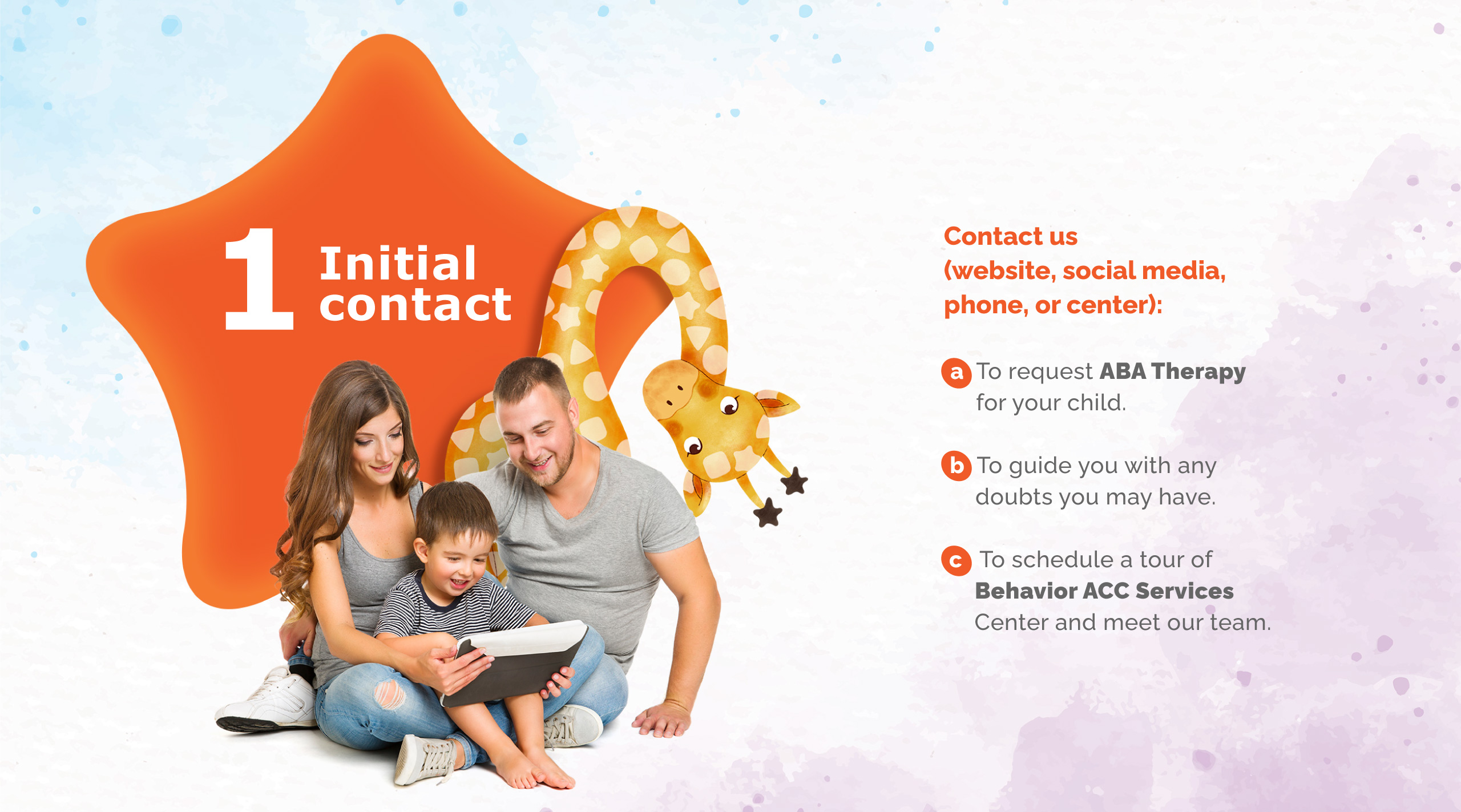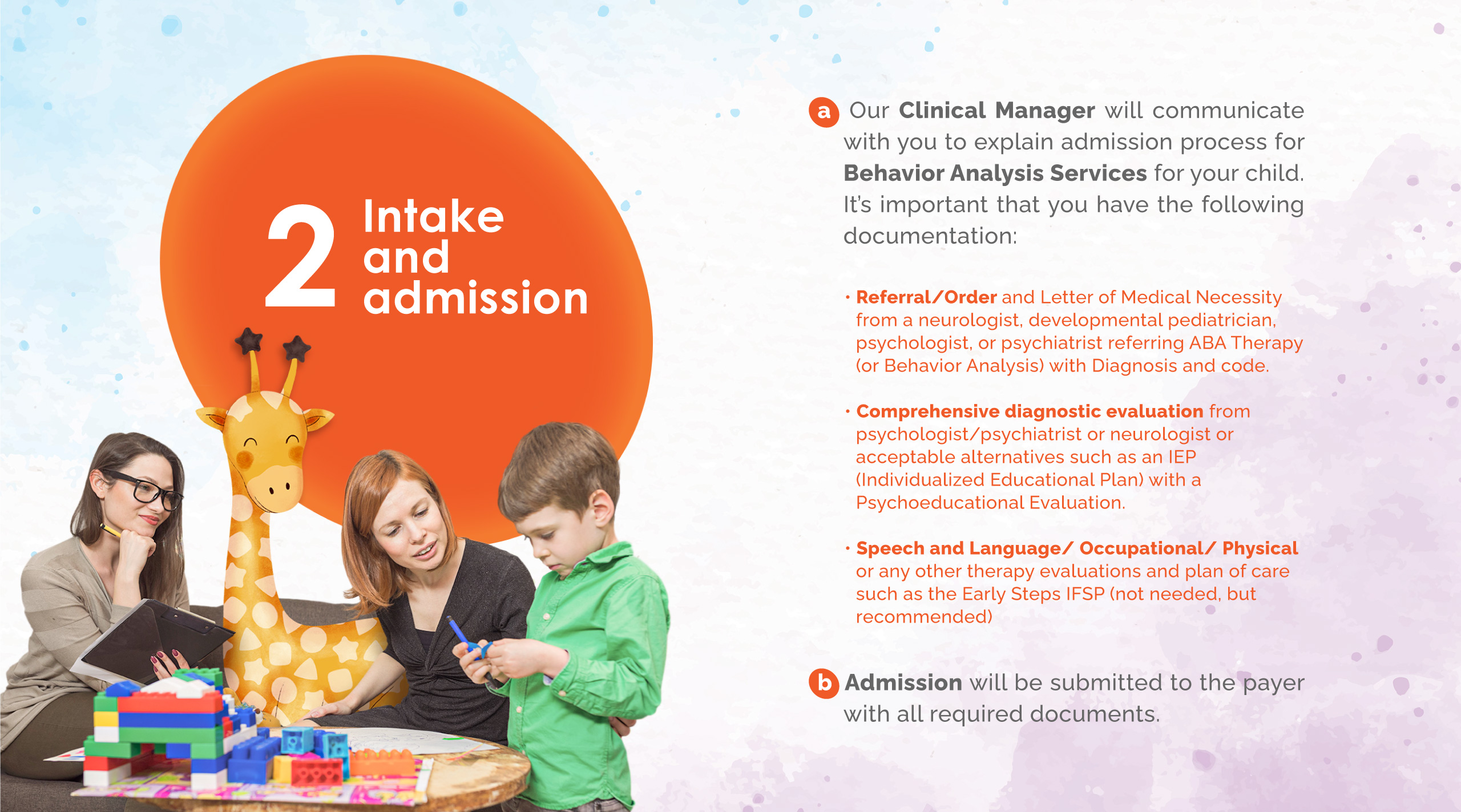• American Society for Deaf Children: https://deafchildren.org/
• Autism Society of America: https://autismsociety.org/
• Agency for Persons with Disabilities: https://www.apd.myflorida.com/
• Autism Society of Florida: https://www.autismfl.com/
• Autism Speaks: https://www.autismspeaks.org/
• Cerebral Palsy Guide: https://www.cerebralpalsyguide.com/
• Dan Marino Foundation: https://danmarinofoundation.org/
• Florida Diagnostic & Learning Resources System (FDLRS): https://www.fdlrs.org/
• Step Up for Students: https://www.stepupforstudents.org/
• Organization for Autism Research: https://researchautism.org/
• Parent to Parent Miami: https://www.ptopmiami.org/
• The Children’s Trust: https://www.thechildrenstrust.org/
• Autism Research Institute: https://www.autism.org/
• American Speech-Language-Hearing Association: https://www.asha.org/
• Florida Speech-Language-Hearing Association: https://www.flasha.org/
• Autism Research Center: https://autism.com/
• Nicklaus Children’s Hospital: https://www.nicklauschildrens.org/home
• Centers for Disease Control-Autism Spectrum Disorder (ASD) (Family Resource): https://www.cdc.gov/ncbddd/autism/index.htm








